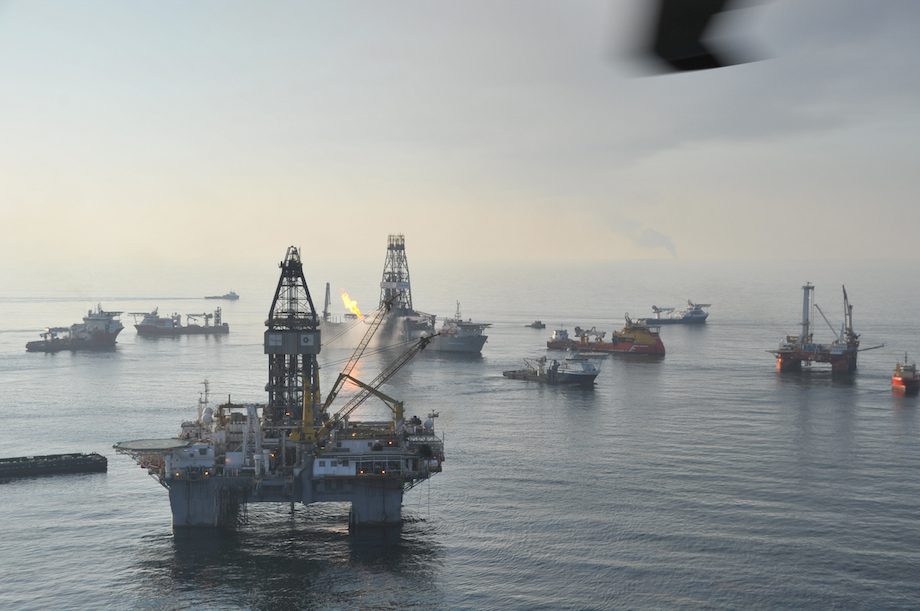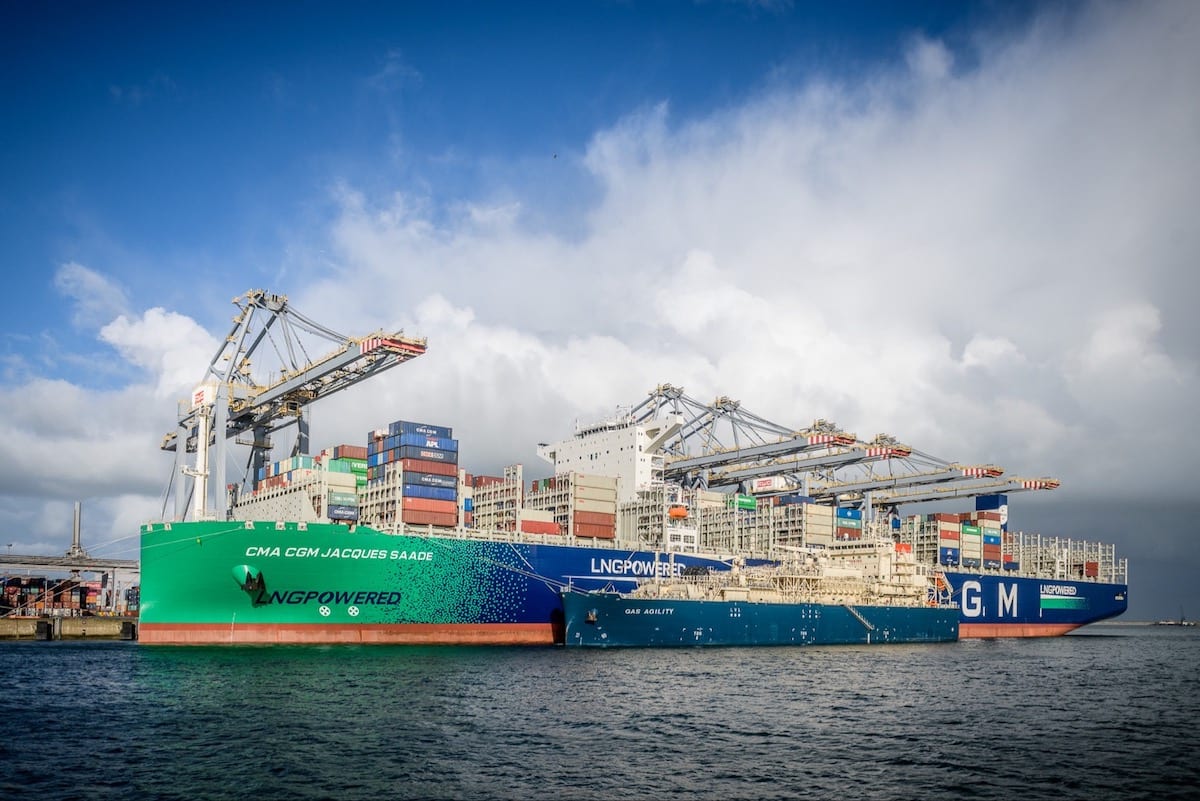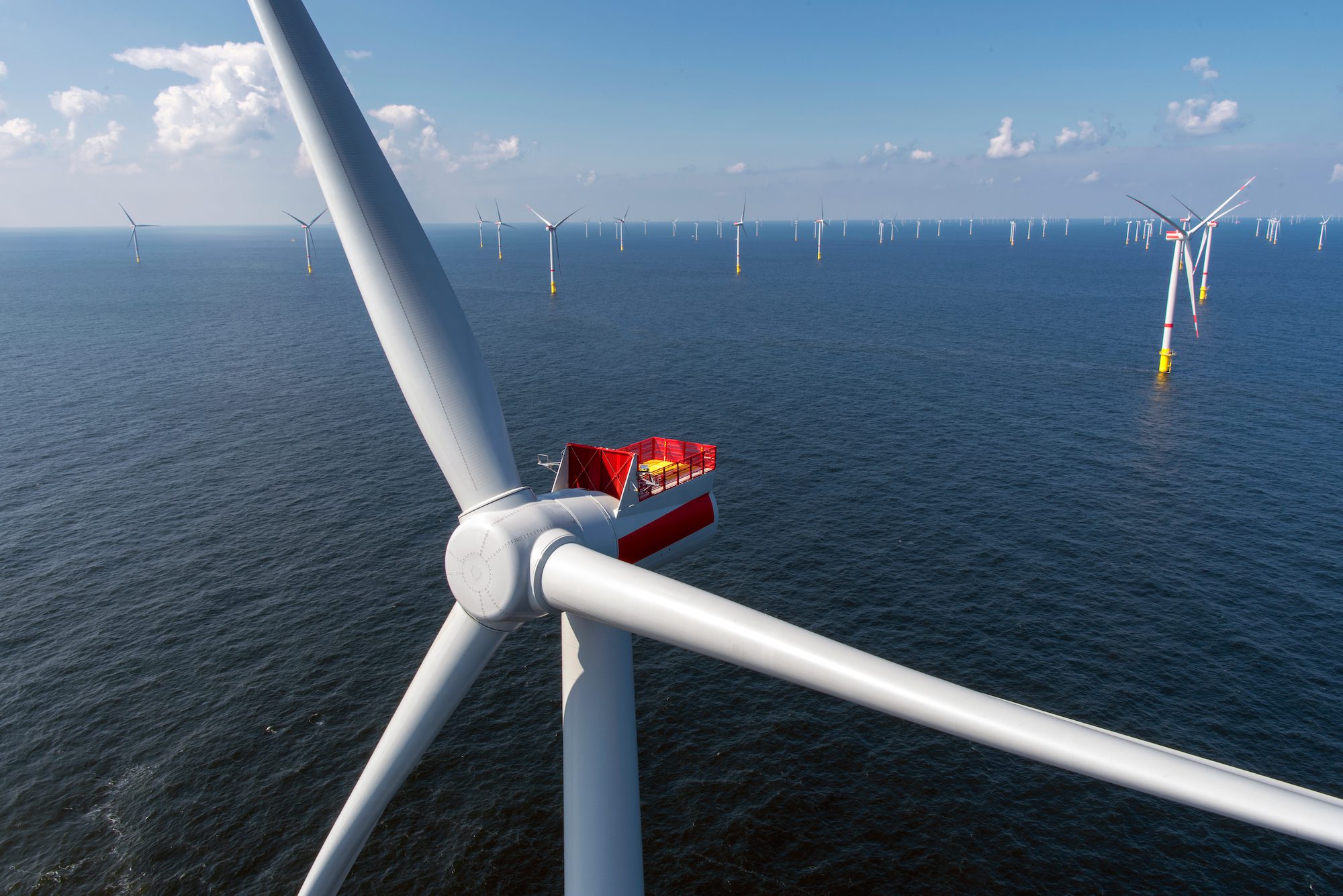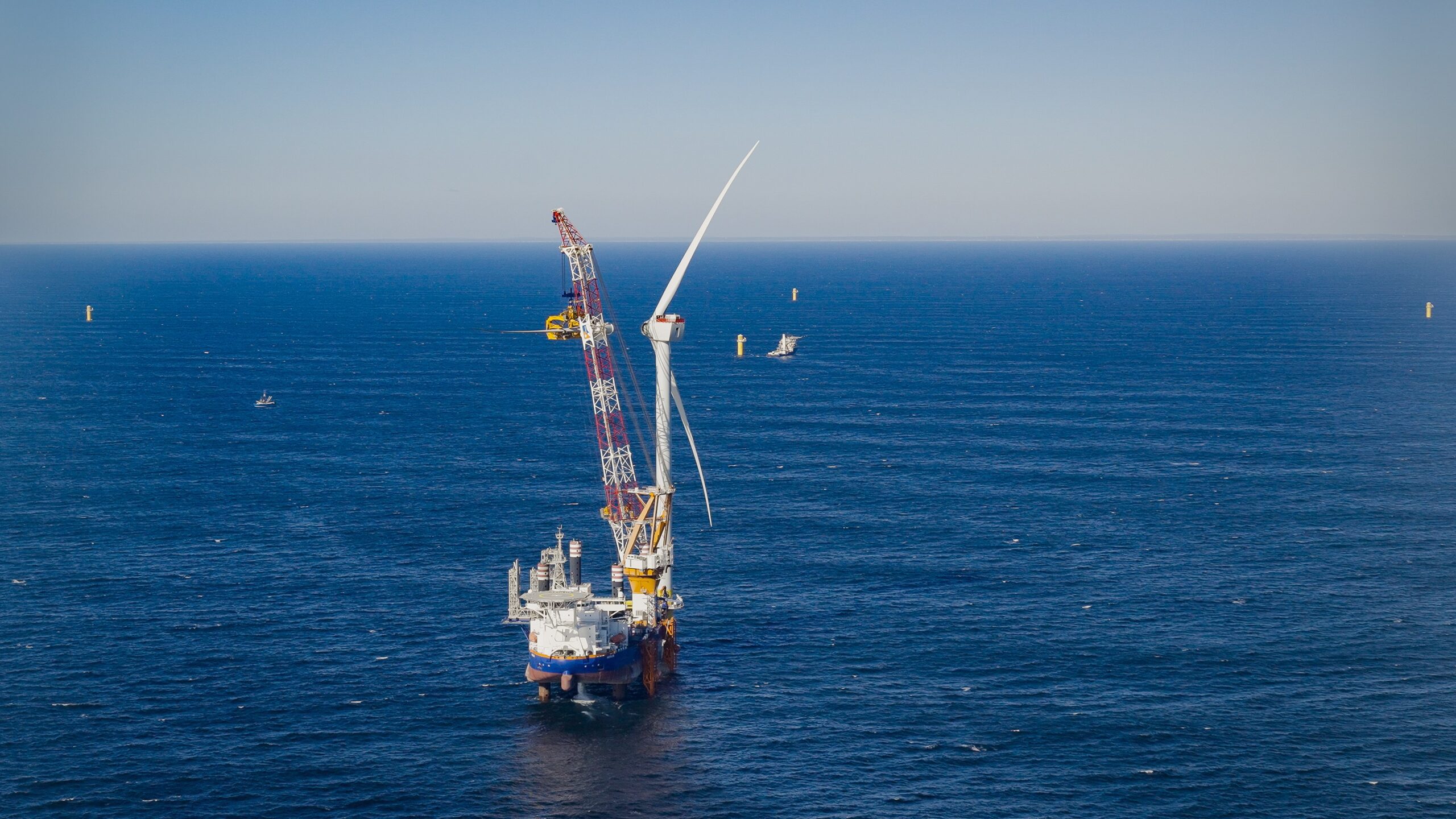Skimming vessels, support vessels and oil rigs at the site of the Deepwater Horizon disaster in the Gulf of Mexico, June 13, 2010. U.S. Coast Guard Photo
By Daniel Lawton and Margaret Cronin Fisk
(Bloomberg) — BP Plc “conducted an extraordinarily effective response” to the 2010 Gulf of Mexico spill, the company’s first witness testified Monday as the oil producer sought to minimize potential pollution fines.
BP immediately mobilized people and equipment and recovered spilled oil at the highest-ever rate, retired Coast Guard Captain Frank Paskewich told U.S. District Judge Carl Barbier in New Orleans. The rate of recovery was almost five times better than in the response to the 1989 Exxon Valdez spill, Paskewich said.
“The record is overwhelmingly clear and supportive that BP did what it needed to do, stepped up to the plate,” said Paskewich, who testified as a witness for BP.
Barbier is conducting a three-week trial without a jury to consider Clean Water Act fines against BP and Anadarko Petroleum Corp., which owned 25 percent of the doomed well. BP faces a maximum potential fine of $13.7 billion, with the government having asked last week for a fine of at least $11.7 billion. The U.S. said last week Anadarko should be fined more than $1 billion and less than the maximum of $3.5 billion, without being specific.
BP says it doesn’t deserve massive Clean Water Act fines because of its efforts responding to the spill and minimizing its impact. BP also disputes the U.S. claims of lasting harm from the spill.
A toxicologist testifying for the company said today that there are no significant or lasting health effects from exposure to the oil or dispersants.
“I found no compelling evidence for any significant exposure-related adverse effects either in cleanup workers or in Gulf Coast residents,” said toxicologist Robert Cox, professor at the University of Mississippi. “I also found it highly unlikely any adverse health effects will become manifest in the future.”
Cox said that state and federal monitoring didn’t detect any increase in health conditions related to the incident. He also said seafood from the Gulf is safe.
“The seafood has consistently tested 100 to 1,000 times lower than the safety thresholds established by the FDA,” Cox said, quoting a U.S. Food and Drug Administration letter.
Blowout Deaths
The blowout of the well off the coast of Louisiana in April 2010 killed 11 people aboard the rig and spewed oil for almost three months into waters that touch the shores of five states. The accident sparked thousands of lawsuits against BP, as well as Vernier, Switzerland-based Transocean Ltd., owner of the Deepwater Horizon drilling rig, and Houston-based Halliburton Co., which provided cementing services for the project.
The penalty proceeding is the third phase of U.S. trials over the spill.
In the first phase, Barbier determined that BP was grossly negligent before the well blowout, allowing for potential pollution fines to be almost quadrupled. The second phase ended with his Jan. 15 decision that the U.S. overestimated the size of the spill, reducing the possible fine. The judge also gave BP credit for capturing oil as it spewed from the sea floor.
Eight Criteria
In the penalty phase, Barbier will consider eight criteria in setting the fine, including the seriousness of the violation, the degree of culpability, any history of prior violations, any other penalties for the same incident, and what BP has done to minimize or mitigate the effects of the spill.
Barbier previously ruled Anadarko wasn’t responsible for the spill and is on the hook for pollution fines only as a part- owner of the well. Anadarko has argued it shouldn’t pay a pollution fine because it had no fault in the spill and paid $4 billion in a settlement with BP, with the money earmarked for claims to those harmed by the spill.
The case is In re Oil Spill by the Oil Rig Deepwater Horizon in the Gulf of Mexico on April 20, 2010, MDL-2179, U.S. District Court, Eastern District of Louisiana (New Orleans).
Copyright 2015 Bloomberg.
Unlock Exclusive Insights Today!
Join the gCaptain Club for curated content, insider opinions, and vibrant community discussions.

 Join The Club
Join The Club













